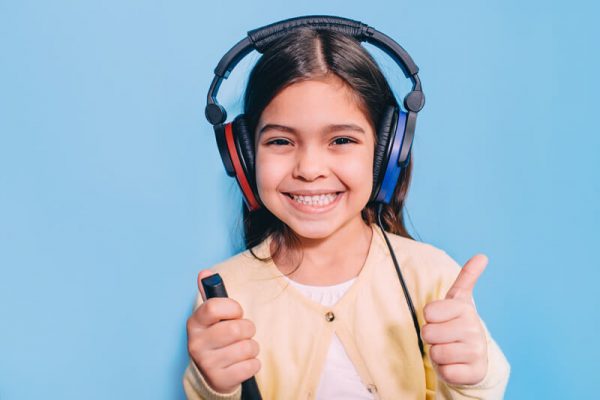
Children’s Hearing
Children’s hearing is an important ingredient in a child’s development. Research has shown that the long-term experience of hearing loss, even that caused by infection will affect a child’s social, emotional, cognitive and speech development. Further, hearing loss in school age children will limit their ability to learn and retain information.
While, as a parent, you notice that your child can hear in many situations, but this doesn’t mean they aren’t having trouble hearing. Small deficits can lead to child missing out on important verbal and sound-based cues.
Newborns now have their hearing tested soon after birth. This will diagnose any congenital or birth related loss. But this is not the end of the story. Children can develop both temporary and permanent hearing loss due to illness or other impacts.
Hear-Clear Australia can test your child’s hearing as young as 8 months. We have different tests to use, depending on the age of your child. All our tests are painless and fun. Our staff have a wonderful rapport with children.
When should I have my child’s hearing tested?
There are certain signs to be aware of, that may indicate your child is having trouble hearing you.
In babies and pre-schoolers, we are concerned if the child
- doesn’t turn towards a noise,
- is not responsive to verbal information, especially of when out of sight,
- is slow to develop speech.
In school age children, we are concerned if a child
- is struggling with learning and spelling,
- seems to be ignoring you,
- is frequently inattentive, especially in the classroom,
- has poorly developed speech.
In all children, we are concerned if they have frequent colds and / or runny nose, recurrent middle ear infections or snores.
What causes hearing loss?
The most common cause of hearing loss in young children is otitis media or middle ear infection, commonly called “glue ear”. This type of infection affects 80% of all children, at some time, up to the age of 3. Many children recover without intervention and no further action is required. However, for some children, infections persist or recur, leading to lengthy periods of hearing loss.
Hearing loss may also be caused by changes to the inner ear or auditory nerve due to genetics, injury or illness.
How do you test my child’s hearing?
Hearing tests are conducted by playing sounds of varying loudness and pitch to provide information about the type, extent, and severity of the hearing loss. Testing the hearing of children, is designed to be playful and appropriate to their age.
Young children from 8 months to 3 years
With babies and pre-schoolers, we use VROA (Visual Reinforcement Orientation Audiometry) where we monitor a child’s response to calibrated pure tone sounds by using puppets and toys.
Preschool age children aged 3 to 5 years
With children over the age of 3 years, we use Play Audiometry, where the child plays a game making a mark with a stamp, when they hear a sound through headphones.
Over 5 years
For this age group, the child’s hearing is tested in the same way as adults, wearing headphones and sitting in a soundproof booth. The test involves pressing a button to indicate when they hear the sound.
What else can you test for?
When a child has a middle ear infection, we can assess the level of dysfunction by measuring the air pressure in the ear. This test known as tympanometry is a quick and non-invasive test that is a simple way to diagnose the level of middle ear function.
Booking a hearing test
If you are worried, don’t delay, make an appointment with our clinic. Child hearing tests are carried out at our Dural clinic. Call us to book on 96517379

